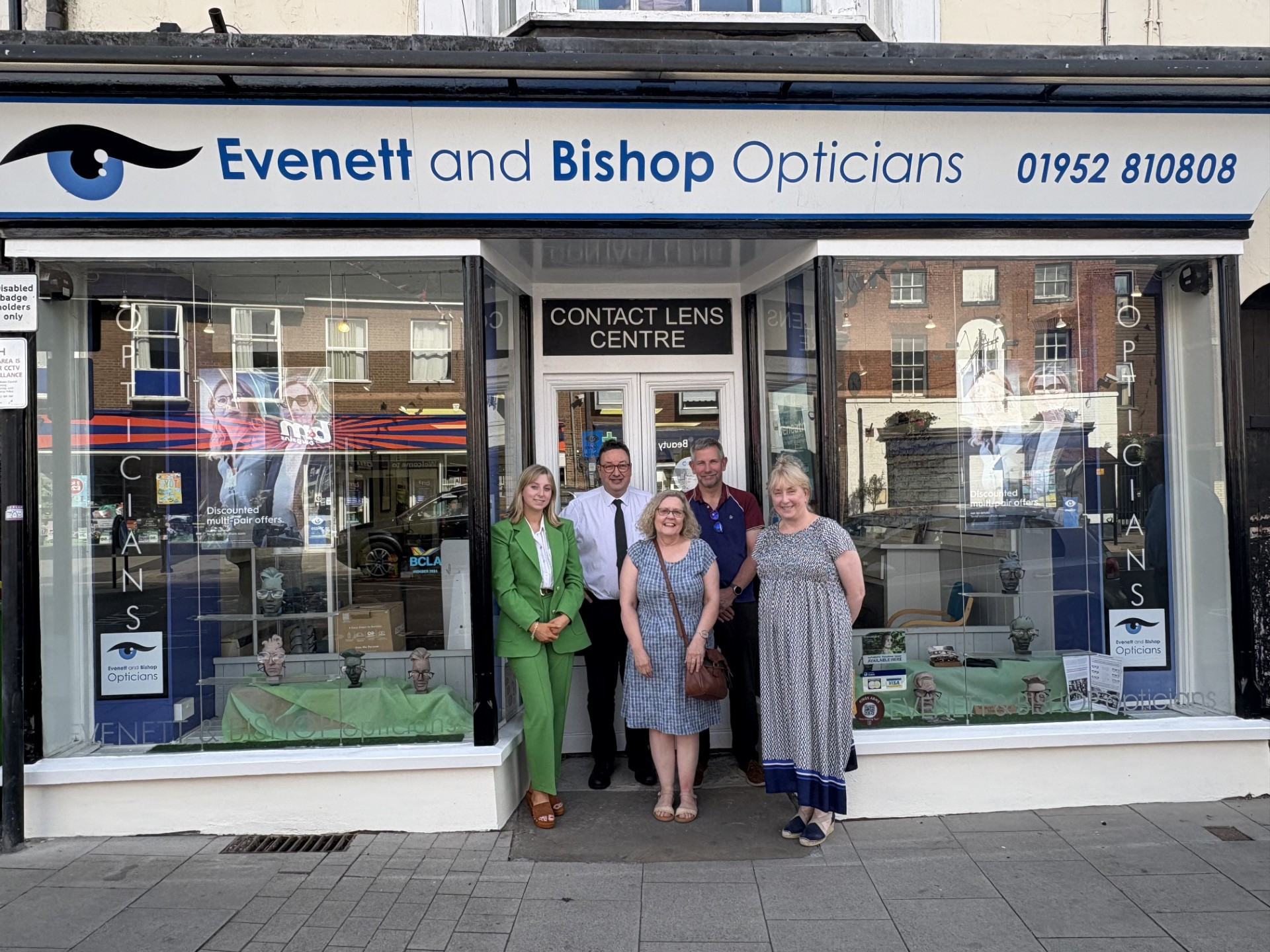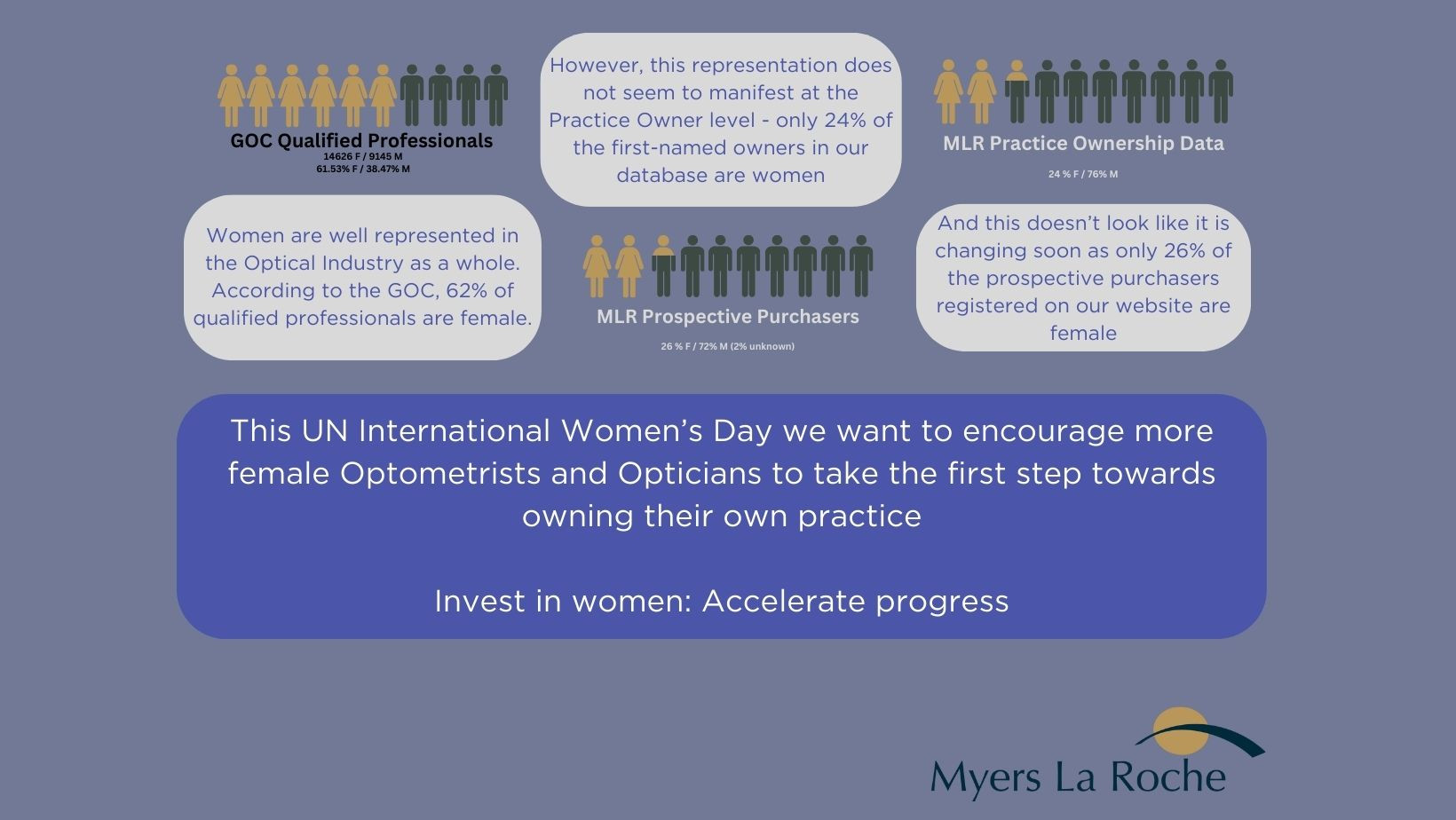
WHY LEARNING TO LET GO IS ESSENTIAL TO ACHIEVING YOUR GOALS
It is a surreal experience seeing thousands of hours of inspiration and perspiration laid out in front of you for the first time. A tangible, physical representation of hopes, dreams and aspiration. The product of hundreds of taxing early mornings and blurry eyed late nights laid out chapter by chapter across the editor’s desk.
It is a firm reminder that setting yourself a big aspirational goal – like writing your first book, or starting, buying or growing your own optical practice - carries a big personal cost. Especially when it is something that you are truly passionate about.
Ultimately it proved to be a testing, but highly rewarding and enriching experience for me. It also highlighted a little talked about but crucial aspect of goal setting and project management - the ability to let go.
On face value, the concept that letting go is an essential part of successful project or goal accomplishment is somewhat counter intuitive. Most people assume that you just have to keep battering away at the task until it is done.
For certain simple goals this may be the case, but for more complex multi-stage tasks like completing a book, creating a business plan, or streamlining the operating model of an optical practice, learning to let go is an essential skill to master as part of the change-management process.
THERE ARE 2 ASPECTS TO LETTING GO:
The first, is knowing when to ditch an idea or theme, a process William Faulkner famously termed as “Killing Your Darlings.”
For me, during the editing process, it took real guts to admit which sections of the manuscript worked well and which were superfluous or distracting from the core message. It was tough coming to terms with the fact that by the end of the editing session, hundreds of hours of work had been completely cut out of the book.
For an optical practice owner, it may be letting go of an unprofitable product or service, or changing an ingrained habit or culture that is no longer serving you well.
The second is knowing when you are done and when it is time to let go, when the project is complete. When people are particularly passionate about an undertaking, particularly a creative project, it can be difficult to finally know when to let it go. There can be a desire to continually research and refine.
THE DANGER OF LETTING YOURSELF DO THIS IS TWO-FOLD:
- You risk missing out on the optimal timing for your launch; in a fast changing world your project can quickly become less relevant if you don’t launch and commit fast enough. In some cases this can mean that people ultimately fail to launch at all.
- There may never quite be the perfect moment to implement Eyeplan, join the NEG buying group, shoot that video with Specsnetwork and Bellyflop TV, or acquire that extra branch via Myers La Roche, but getting the timing 80% right surely has to be better than not doing it at all?
- The other major danger is overworking or over engineering in a desire for perfection. Sometimes less is more. This is a trait that many artists know too well – from Rock Stars to painters, to authors – whose desire to perfect their creation can ultimately spoil something that at one stage may have been a master piece.
- In optics, this often manifests itself in a practice owner failing to change their mind-set from being a one man band responsible for all aspects of their business, to learning to manage a team within a growing business and mastering the skill set of delegating, outsourcing and automating relevant functions.
- As the business grows, the skill set of the owner has to grow to become a leader and this involves learning to let go of certain functions and to empower others to do them.
SO WHAT CAN WE LEARN FROM ALL OF THIS?
Being truly objective with our own personal and business projects is difficult, especially when it involves undertakings that we are passionate about and where we have invested significant emotional energy.
Whether you are writing a book, starting or growing an optical business, seeking to change a career or life-style, or looking to devise a practice exit strategy, having someone you can trust to help you see the wood for the trees, the good from the bad and to tell you when to stop and when to go or let go is a key component.
WHO CAN YOU TRUST, AND WHAT SHOULD YOU LOOK FOR IN AN ADVISER?
Your choice of adviser can be make or break for your project and ultimately for your business. When you have spent significant time creating, designing or building something, it takes real tact from a third party to steer you in the right direction and to get you over the line with just your best material or ideas.
Emotional intelligence, personal chemistry and empathy and belief in your project are therefore equally as import as technical skills and experience. The AIO Practice Support Network would be a great place to start your search.
Dominic Watson is a director of Myers La Roche and is a specialist in optical practice growth strategies, exit planning and practice sales.
His first book Rock Star Retirement Programme: “How to Retire Like A Rock Star” is available via Amazon.com and at all good book stores.
More insights for you
Take a read below for further industry insights written by our Myers La Roche team:
Get in Touch
If you are interested in our services, then please call us on the number below:













